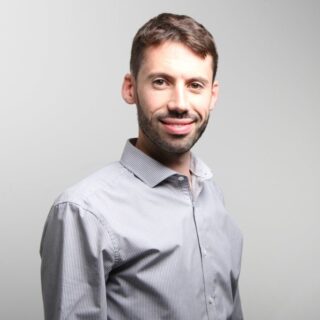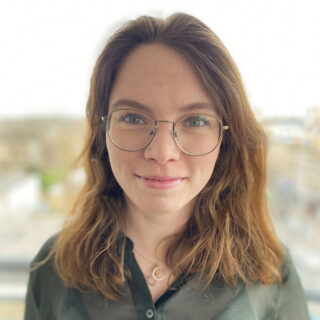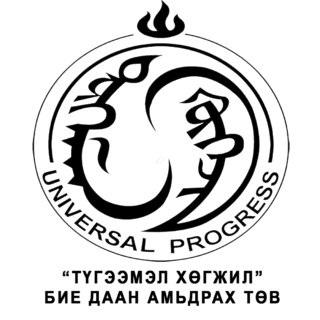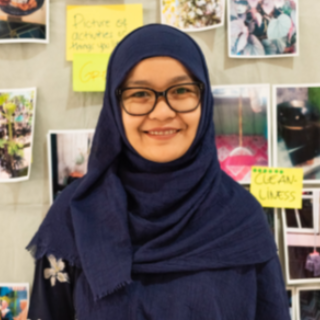Inclusive Design: What if we built a world that was accessible to all?
Inclusive Design is a design approach that seeks to ensure everyone can experience the world in a fair and equal way. This means accounting for and celebrating diversity in how we design and plan the built environment. The session will bring together a diverse panel of experts to discuss what inclusive design looks like in practice for them, who benefits and how it can offer methods to build a more accessible world that benefits all of us.
This session will also launch the findings of the first of our UK Aid funded AT2030 Inclusive Infrastructure Case Study on Inclusive Design in Ulaanbaatar, Mongolia.
Designed to spark conversation and debate; panellists will provide an overview of their work followed by a wider discussion on the topic.
With World Habitat Day on the 5 October and World Cities Day on 31st this Disability Innovation Live session explores the expanding field of Inclusive Design and its potential to create a fairer world.
Speakers


Peter Carr
LLDC’s Built Environment Access Panel, Founder and Chairman of Standing Start and an Advisory Board member


Mongolia Research Team

Nina Asterina
Session overview
- Iain McKinnon - what inclusive design means to GDI Hub and why it matters, drawing on our experience working in both the UK and globally.
- Peter Carr - An overview of inclusive design of the built environment in the UK and Kenya, including the role of access panels to embed the views of disabled people in planning and decision-making
- Mikaela Patrick - an introduction to GDI Hub’s AT2030 programme including our Inclusive Infrastructure research sub-programme that is conducting six global case studies in LMIC cities around the world over the next 2-3 years.
- Mongolia Research Team - discussing the challenges and opportunities for an accessible Mongolia and the importance of Disabled People’s Organisations (DPO) engagement in decision-making
- Nina Asterina - discussing the importance of inclusive planning processes for accessible cities in Indonesia
Background reading
Transcript and recording
Catch up: Webinar Transcript
Webinar Recording
BSL Recording